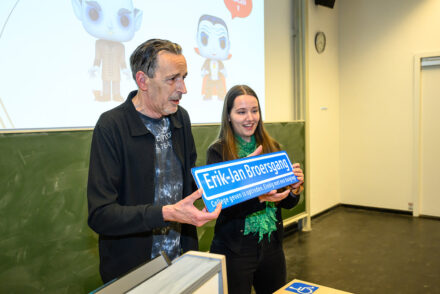Global English and Imperialism
Lecturer Geetanjali Srikantan (Law) says to her students and colleagues: a native speaker is not the same as talking American.
It has been famously argued by Robert Phillipson that the global teaching of English is an act of linguistic imperialism, marginalizing opportunities for speakers of other languages. In the corridors of higher education this argument has been scoffed at -after all God speaks English, how would you attain salvation otherwise?
It is this spirit which informs the dominant understanding of Global English as the language of higher education. Education in English is seen as a vehicle for divine transformation; the cognitive abilities of students being miraculously transformed by reading, speaking and writing in English. In the past, the spread of English was facilitated by the project of British colonialism, but now it ruthlessly expands though American popular culture and global influence. God speaks with an American accent nowadays.
God speaks with an American accent
The concern with deteriorating standards in Dutch education due to poor English language skills has been pointed out by Beter Onderwijs Nederland. However, they have failed to criticize monolingual education or the ideology of teaching English as American or British English. The relationship between language teaching and imperial goals have been demonstrated in a number of studies on colonial education. This involved the representation of the languages and speech of the colonized as unscientific, confusing and in certain cases not language at all. Linguists perceived groups of people in Sri Lanka as “having no language”, communicating in grunts and snarls. The same people are understood by linguists today as speaking Sinhalese.
I have received remarks about my lectures such as “she mumbles”
It is not that that these earlier representations have faded away due to the Sri Lankans speaking English, varieties of English spoken outside North America and England being seen in the same manner. Student perceptions of English language skills are dictated by their perception of accent and ethnic origins. I have received remarks about my lectures such as “she mumbles”, “she said she was a native speaker but she does not sound like one, she makes mistakes in pronunciation and spelling”, “we couldn’t understand that Indian lady”, with some qualifiers “I’m sure she’s very intelligent”. Were they expecting me to be stupid?
Internationalization involves a commitment to multi-lingual education whether in Dutch or English. The question remains whether the role of English in higher education is evidence of internationalization or Americanization- unless of course you want to believe that heaven is New York.
Geetanjali Srikantan, Assistant Professor of Global Legal History, Tilburg Law School







